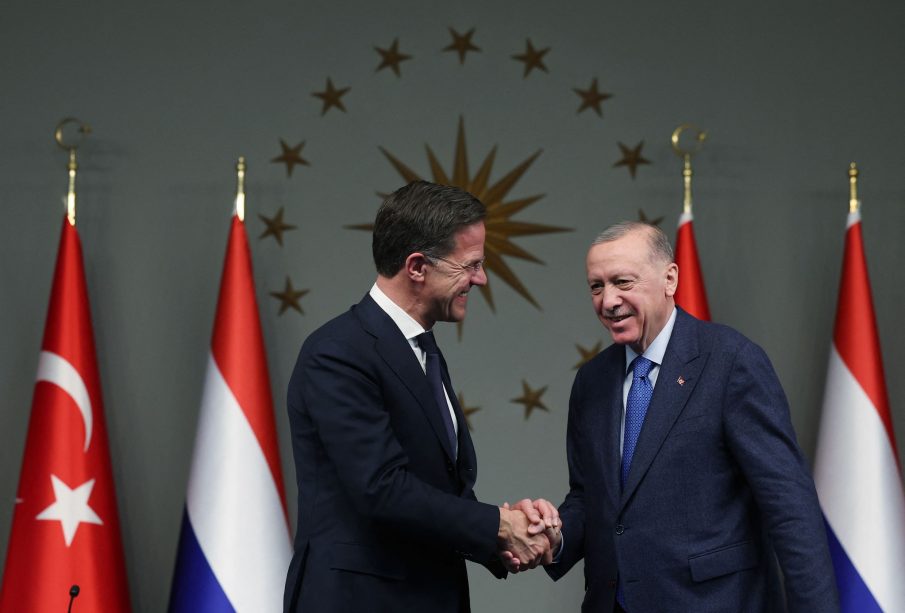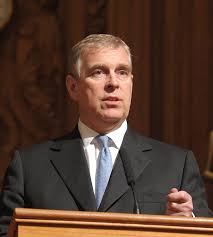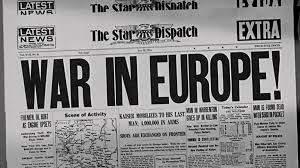Mark Rutte: Navigating Dutch Politics in 2023

Introduction
Mark Rutte, the Prime Minister of the Netherlands since 2010, is a significant figure in European politics. His leadership has shaped the course of Dutch governance and policymaking, especially during challenging times such as the COVID-19 pandemic and ongoing debates surrounding climate change. Understanding Rutte’s role and influence is essential for anyone following the developments within the European Union and its member states.
Recent Developments
In recent weeks, Rutte has faced multiple challenges that have tested his administration. His coalition government, known as the ‘VVD-D66-D66-GroenLinks-PVDA’ coalition, has been under scrutiny for its handling of economic recovery post-pandemic, rising living costs, and the urgent climate agenda. As inflation rates have surged, the government has revisited its budgetary strategies, focusing on supporting vulnerable populations.
Additionally, Rutte has been vocal about the EU’s energy policies amid the ongoing war in Ukraine, advocating for increased independence from Russian energy supplies. This has involved discussions with other European leaders regarding joint initiatives to boost energy production within Europe and enhance green energy investments.
Political Landscape and Challenges
Rutte’s political party, the People’s Party for Freedom and Democracy (VVD), continues to maintain a significant presence in the Dutch Parliament. However, with upcoming elections on the horizon, Rutte faces pressure from opposition parties, particularly from the far-right and environmental factions that have gained traction among voters. Recent polls indicate a shift in public sentiment, with growing concerns about housing shortages and environmental policies.
In a recent parliamentary session, Rutte’s coalition partners challenged him on issues related to social equity and climate change, showcasing a divide within the coalition on how to address these pressing matters effectively. The Prime Minister’s ability to navigate these internal divisions while maintaining his majority will be crucial moving forward.
Conclusion
As Mark Rutte continues to lead the Netherlands through an increasingly complex political landscape, his actions and decisions will have lasting implications. His government’s approaches to economic revival, environmental sustainability, and social equity will define his legacy as Prime Minister. Looking ahead, political analysts predict that Rutte may need to recalibrate his strategies to address the evolving concerns of Dutch citizens, particularly if he wishes to maintain his coalition government beyond 2023. For readers and observers of European politics, Rutte’s trajectory remains a focal point worth monitoring closely in the coming months.









